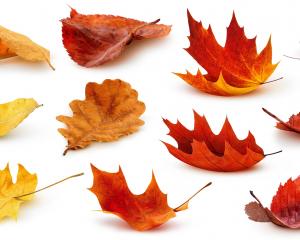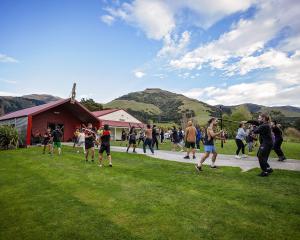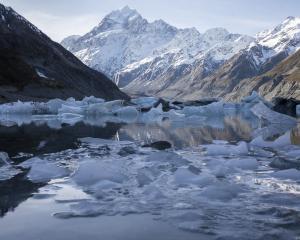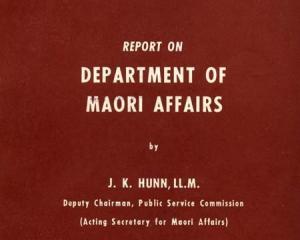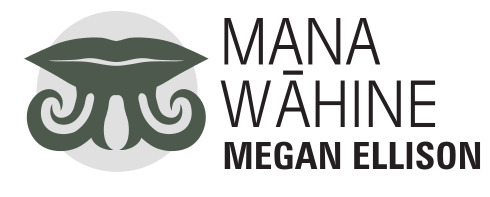
Last week at work, when my dad suggested that I needed to come home, as I live on the Otago Peninsula, I paused and my inner concern dial went up a notch. Dad isn’t one to panic in these sorts of situations. Apparently, he was already around at mine on the tractor dealing to a few drains. In my experience, farmers don’t tend to crack under this sort of environmental pressure.
So, I did eventually get out of the office and as I made my way home, I realised the severity of the situation. I guess that was one of the issues — that the flooding and impact centred on some areas in Otago but not all. So, from my office space it appeared like a downpour but on the peninsula road it was a mess and dangerous.
I got home to shelter and a dry house, a messy road and some slips and broken fences ... and, I found out later, some electricity issues because of it all. Cousins and whānau were all checking in on each other and, as the roads became blocked, I watched it all unfold on social media and the news and once again worried about the carnage that might be left behind in South D.
I was able to check in on people via Teams and work through a workplace closure with my amazing leadership team. We were all interconnected even at a distance, joining forces in a community that is small enough to have each other’s backs. However, I also know we are big enough and spread out from the flat to the hills, from inland to the sea, to lose sight of how the other half live ... trust me, none of this is written through Pollyanna eyes. Natural disaster has reverberating effects through time and generations of people.
In our Māori history we have many natural disasters to draw on, and we have a practice of naming our children after them in order that we never forget. I know of Māori named after trainwrecks, drownings, floods, volcanic eruptions and many more. Some of these names are creatively drawn together to illustrate the event and others simply name it as it is - crudely translated here - such as the long pain, the long grief, the death and so forth.
In our tribal history, Kāi Tahu have a waiata, recorded in manuscripts by our ancestors, that refers to a great natural disaster.
However, the disaster itself was caused by great personal conflict and the shame felt by one individual in the village - disaster and people in our world are interconnected. This waiata begins with an untouchable treasure, imbued with tapu, being tampered with. A father accuses his son of meddling with this particular treasure and, in chastising his son, informs the boy that he is illegitimate. This brings great shame upon him, and he is enraged.
The illegitimacy part to this is a myth template that comes up again and again in Māori history, but that is another story for another time. Back to this one ... the son is devastated and ashamed and plans to deal with his humiliation by wreaking destruction upon all the highborn children in the village. He invites the children to come on an ocean voyage, but once they are on board the canoe he pulls the plug and the children drown. The son, still enraged, then becomes the personification of storms and bad weather at sea, and the destructive tidal wave that hits the shore. He sends a warning to the rest of the village, through one surviving child, to make their way to the top of the tallest mountain as there they will be safe. Today, this large wave is known by the name of the son and occurs seasonally on the East Coast of the North Island, continuing to wreak havoc.
As I was packing up my gear at work to head home, I immediately connected to these old kōrero. They centre me and they have always helped to give my children a why, when things sometimes seem so unexplainable. My thoughts go to Papatūānuku and Rakinui, in their separation from each other, as he is the sky and she is the earth, they mourn for each other, but as we unashamedly ignore the environmental signs, her body heaves in frustration and pain and he cries for her. Then, as I get in my car, I think about my husband, as he shows up to me and whānau in the red sky, or the birds in a tree, or a random song playing and a scent - so something was off.
Something is off when floods leave a wake of destruction in communities that echoes for generations.


